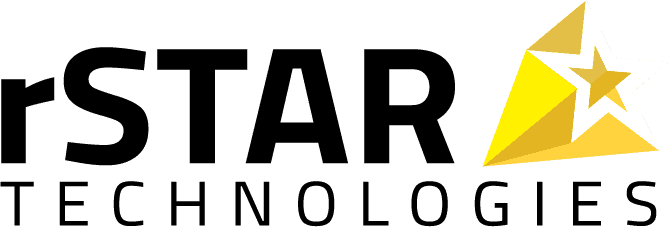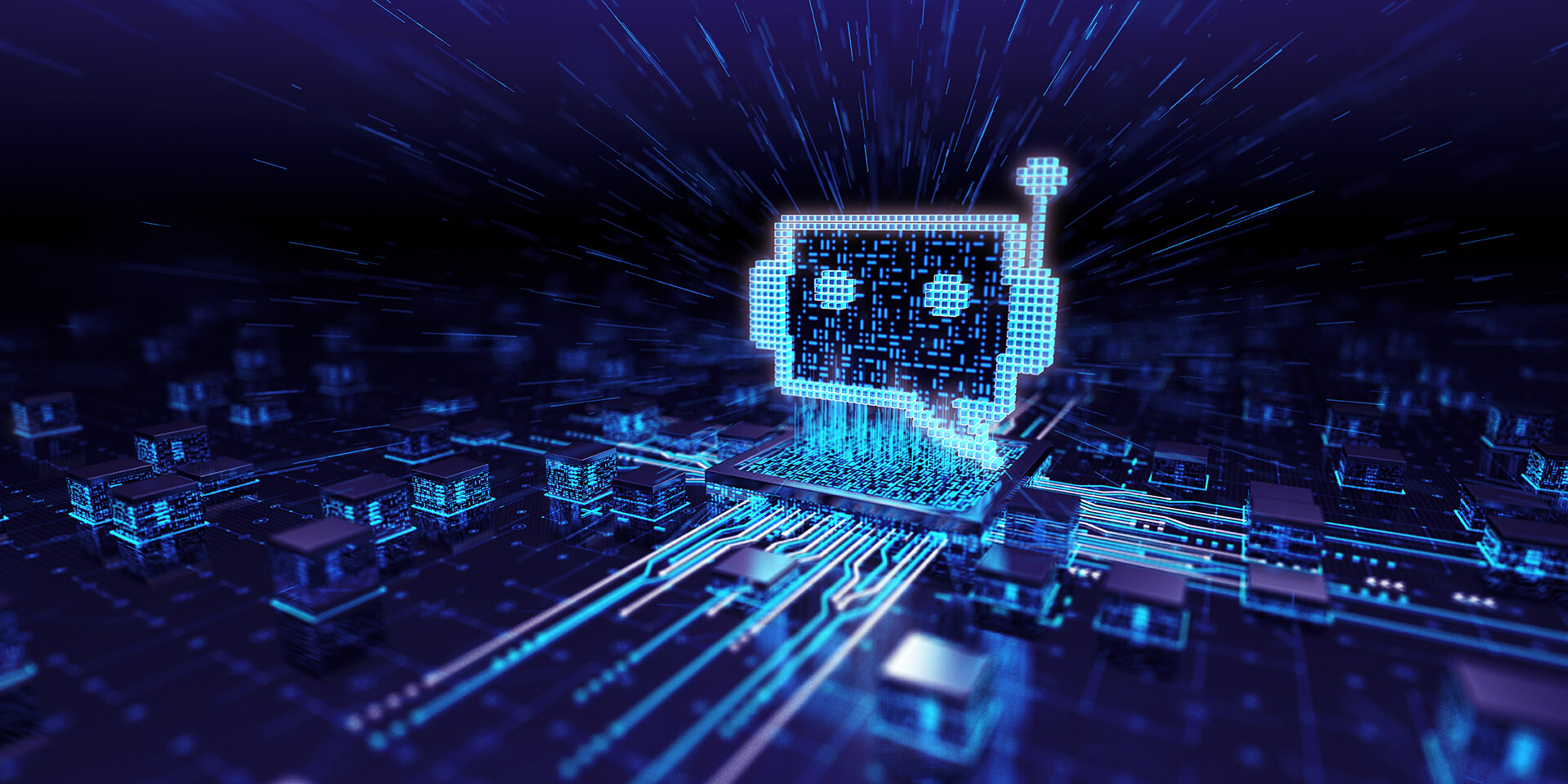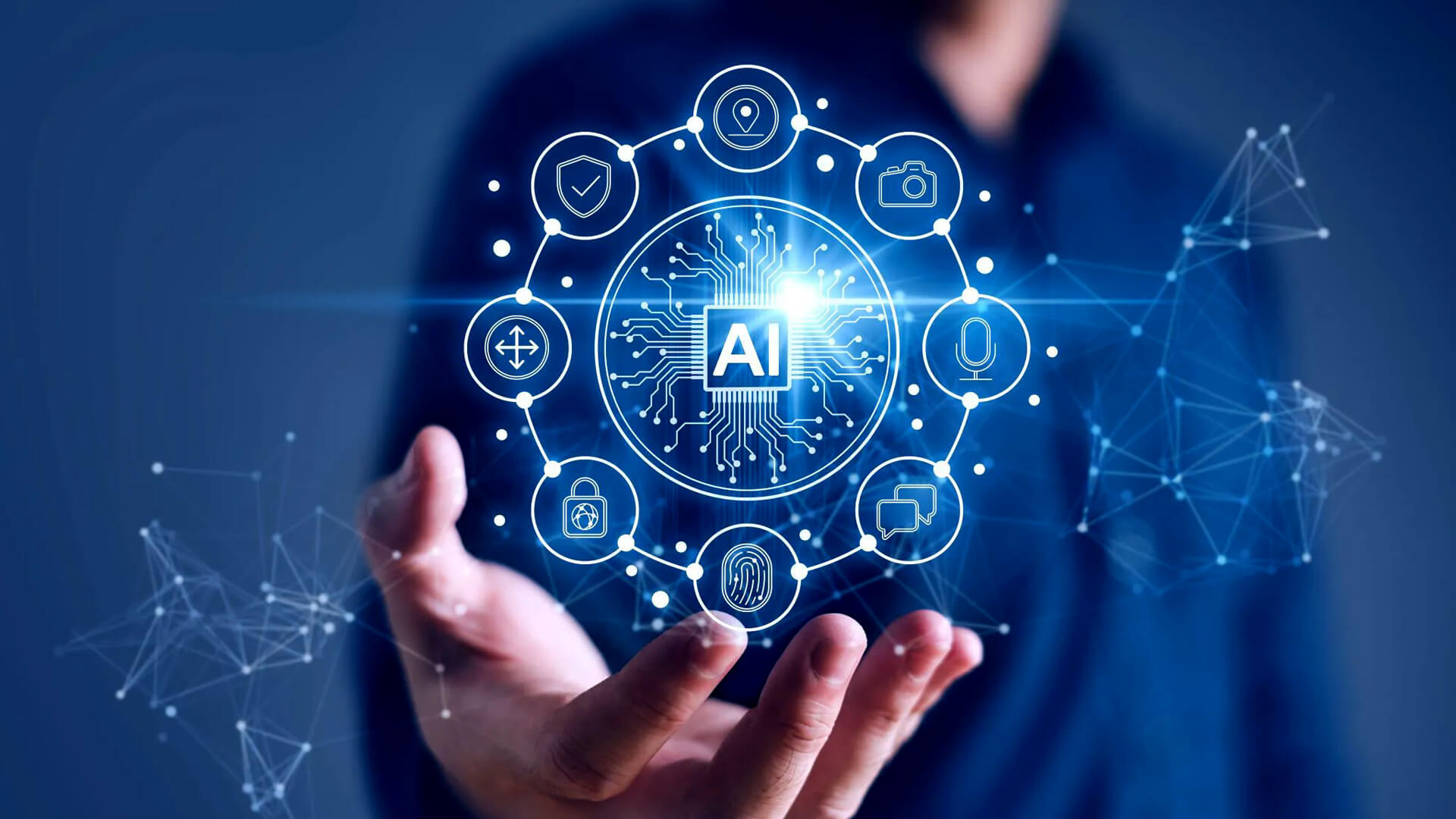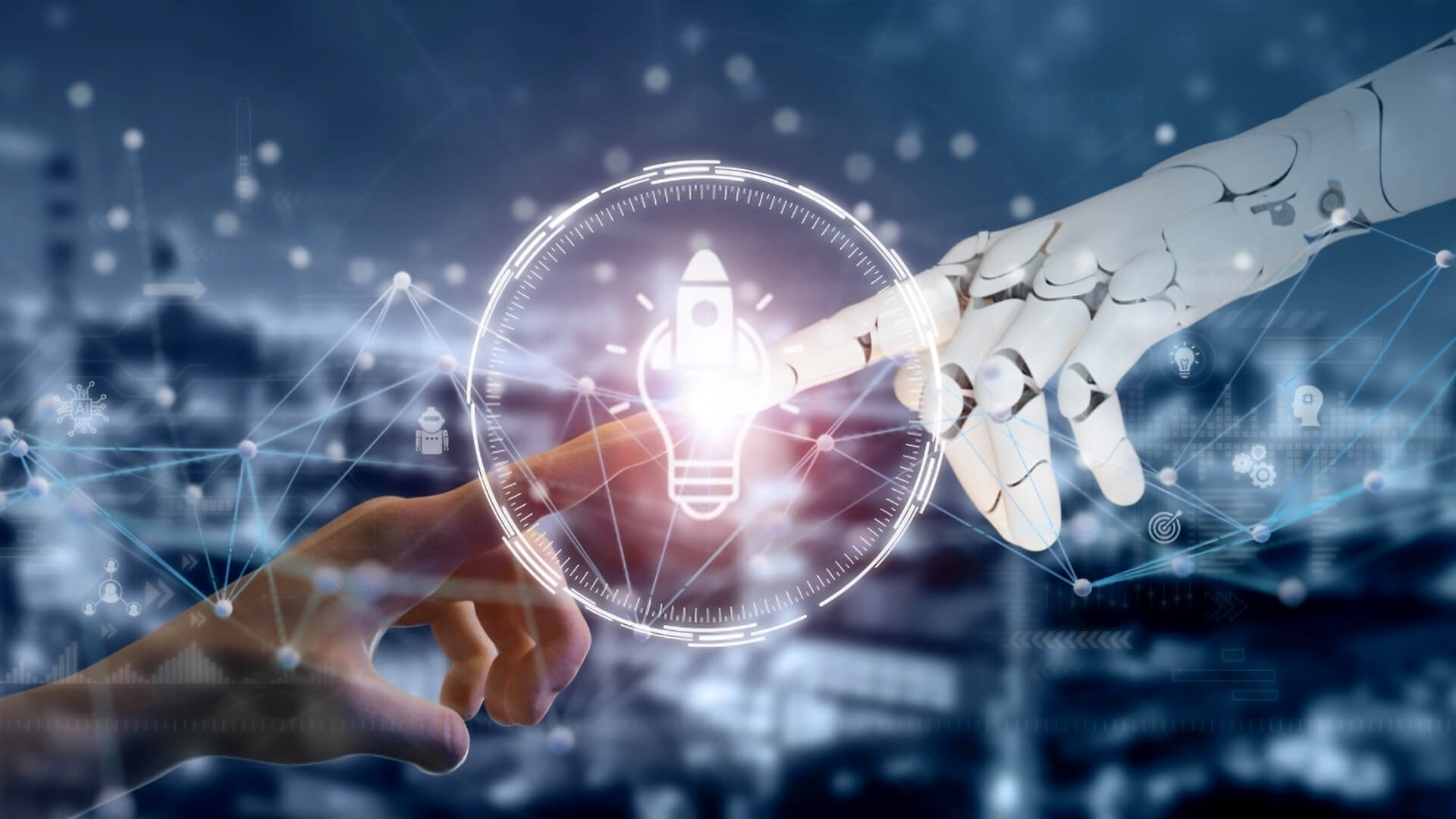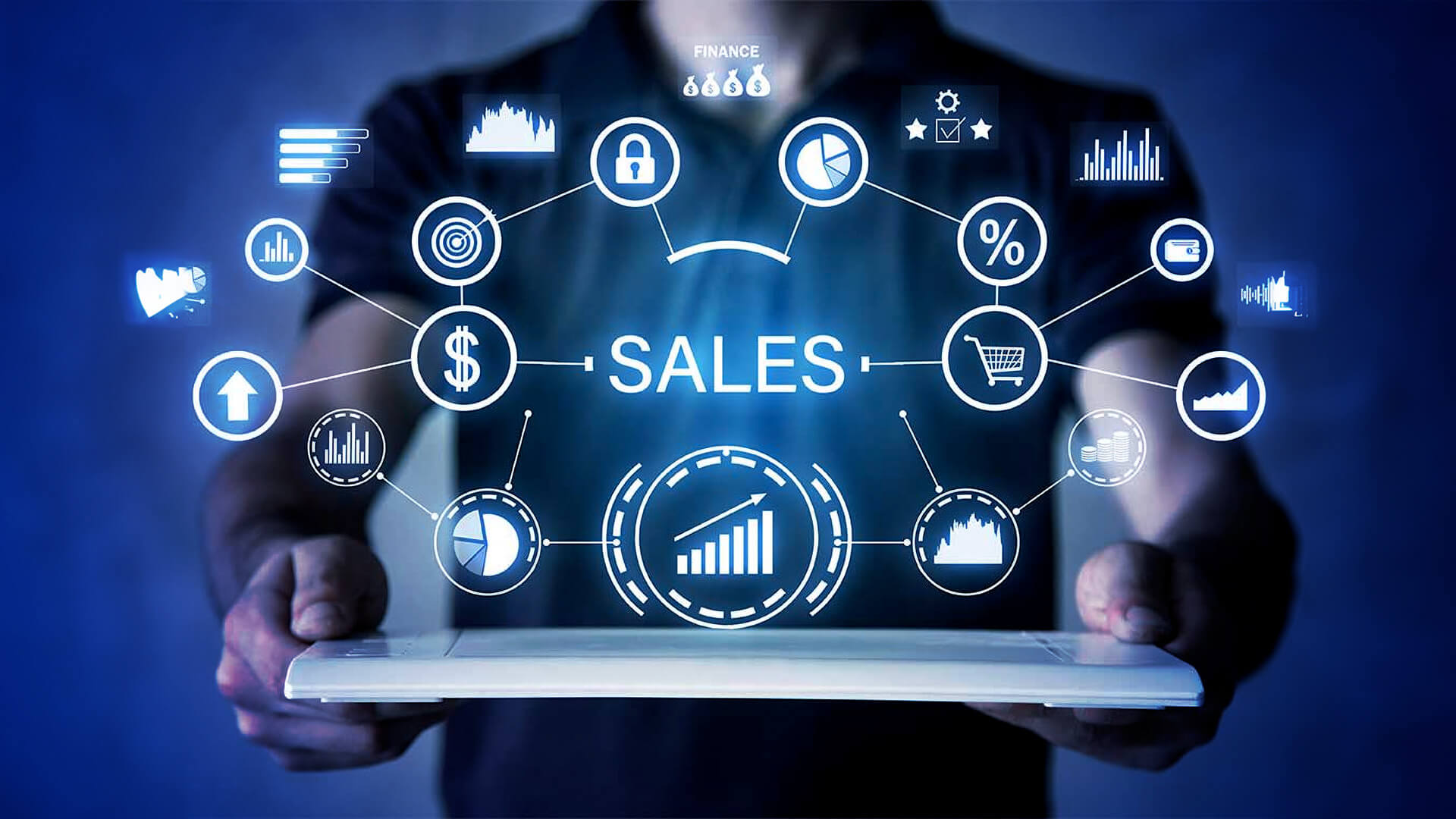The energy and utility industry has faced unprecedented challenges and opportunities. High customer expectations, increased ecological regulations, increased grid complexity, and an urgent need to reduce the environmental and social impacts of energy production and consumption are all top of mind. These issues have triggered companies to adopt digital transformation solutions like Generative AI (GenAI).
GenAI accelerates growth by helping businesses optimize operations and services, innovate and differentiate, and deliver exceptional CX. A Research and Markets report projected the global GenAI market size in the energy and power industry to grow to USD 14.527 billion by 2028 from USD 3.103 billion in 2021. There are multiple GenAI use cases for utilities where companies can actively adopt the transformative AI solution.
Table of Contents
Generative AI Use Cases for Utilities
Automating Routine Tasks.
GenAI can help energy and utility companies automate tasks like data entry, invoice generation, payment and document processing, account updates, and other operations tasks. These routine and often repetitive tasks are tedious, time-consuming, and prone to human error. With GenAI automating them, companies can boost the efficiency and productivity of their human operators and reduce errors, inconsistencies, and biases.
A typical example is creating a chatbot to answer employees’ common questions as they execute their daily tasks. Such a chatbot solution can answer questions about payroll, policies, quality standards, benefits, etc., and also provide links to relevant resources. These can simplify employee workload and improve the experience and satisfaction derived from work.
Improving Personalization and Overall Customer Engagement
Another Gen AI use case for utilities is to enhance personalization and customer engagement by providing customers with more relevant, timely, and personalized solutions. GenAI can help companies comb through layers of customer data to analyze and interpret individual preferences, feedback, and behavior and leverage this information to provide personalized offerings and engagement based on each customer’s needs and expectations. Also, GenAI-enhanced conversational agents like voice assistants and chatbots can engage customers in natural language and provide personalized guidance and support on diverse issues.
A typical example is using GenAI to generate personalized and contextualized emails and respond faster. This can be crucial for quickly resolving issues on time-consuming queries around billing, switching, meter reading, etc.
Predictive and Preventive Maintenance
GenAI can proactively identify faults, anomalies, and failures in equipment, systems, and processes and recommend corrective actions to resolve them before they snowball into more significant problems. The AI solution can generate and analyze diverse data from sensors, cameras, drones, etc., and detect and classify the signs and causes of potential problems.
This predictive capability of GenAI and the ability to prioritize maintenance tasks and assist maintenance operations reduce downtime and maintenance costs.
A typical example is using GenAI to improve the inspection and repair of power plants. AI can create a model that enhances the quality and resolution of drone images, showing possible power plant corrosion, cracks, and wear and tear. The model can also generate synthetic images that simulate the effects of different environmental conditions – angle, lighting, weather, etc. This GenAI application improves the accuracy and efficiency of the inspection process, reduces the risk and cost of maintenance, and extends equipment lifespan.
Intelligent Planning and Designing of Infrastructure
GenAI can also be used to plan and design safe, efficient, and reliable energy and utility infrastructure like power plants, substations, transmission lines, etc. The AI solution can generate and analyze data from critical sources like environmental, geospatial, social, etc., and create optimized models that can suggest the best locations, configurations, and parameters for the infrastructure. It can further visualize and simulate such infrastructure and evaluate its impacts and outcomes, considering every internal and external factor.
For instance, an energy company can use deep neural network-based GenAI to optimize transmission line routing, evaluating cost, technical feasibility, environmental impact, and other criteria. The company can also generate realistic 3D models of the transmission lines and their surroundings and provide interactive visualization and analytics. This reduces project planning time and cost and improves stakeholder engagement and satisfaction.
Optimizing Grid Performance
Another use case of GenAI for utilities is implementing smart grids. GenAI can generate and analyze data from smart meters, grid devices, market signals, and other sources and create models to predict and optimize voltage, frequency, power factor, congestion, and other grid parameters. It can also automatically monitor and control the flow and quality of electricity and ensure grid resilience, reliability, stability, and security. This intelligent optimization of grid performance improves operational efficiency and flexibility and reduces grid losses and emissions.
Managing and Forecasting Renewable Energy
GenAI can be applicable in effectively monitoring, forecasting, and managing renewable energy like solar, hydro, and wind, which are often variable and intermittent. Generate and analyze data on weather, climate, geography, etc., and create optimized models that can predict the availability and output of these energy sources.
For example, based on historical and weather data, GenAI can predict the wind power output 36 hours ahead of the actual generation. It can also adjust the wind turbines to maximize the power output by controlling the angle and speed of the blades. These boost efficiency and performance by increasing the wind energy value and reducing the variability and uncertainty of wind power.
Reducing Carbon Footprint
The GenAI application in reducing carbon footprint is a crucial use case of generative AI for energy and utility companies. Up to 43% of executives consider it effective for environmental monitoring and management. Companies can leverage GenAI to enable more sustainable and efficient energy production and consumption. GenAI can analyze and optimize energy demand and supply by integrating and managing renewable energy sources, detecting and preventing energy losses and leakages, improving energy efficiency and conservation, and creating and promoting green products and services.
GenAI for reducing greenhouse gas emissions can come in different forms to achieve net-zero emissions with time.
-
- Predicting the energy demand and supply in a service area and optimizing the energy dispatch and storage.
-
- Identifying the optimal locations and configurations for installing solar panels and batteries.
-
- Detecting, locating, and reporting gas leaks in pipelines and infrastructures.
-
- Recommending energy efficiency measures and incentives for customers.
-
- Analyzing emissions information and aiding in strategic, eco-friendly decision-making.
Partnering with an Expert Is a Key Step toward Implementation Success.
GenAI is a powerful transformative technology that brings limitless possibilities for energy and utility companies. Companies are expected to tap into the unlimited solutions that GenAI provides to secure and future-proof their business.
Some challenges and risks still need to be mitigated for a successful adoption. Organizations must take a business-driven iterative approach, adopting an implementation strategy that optimizes benefits, mitigates risks, and prioritizes use cases based on business impact, time to market, and internal factors that may affect implementation success. Consulting with an experienced partner who understands GenAI and the energy and utility industry is crucial to implementation and integration success.
About rSTAR Technologies
rSTAR is a full-service specialized system integrator built to transform leaders in the asset-intensive industries, such as energy and utilities, manufacturing, high-tech, and automotive into business value all-stars by focusing on digital transformation initiatives. With over 20 years of experience in Oracle, Microsoft, and Salesforce, the company provides consulting, implementation, and services for AI, CX integration and automation solutions. For more information, please contact rSTAR Technologies
